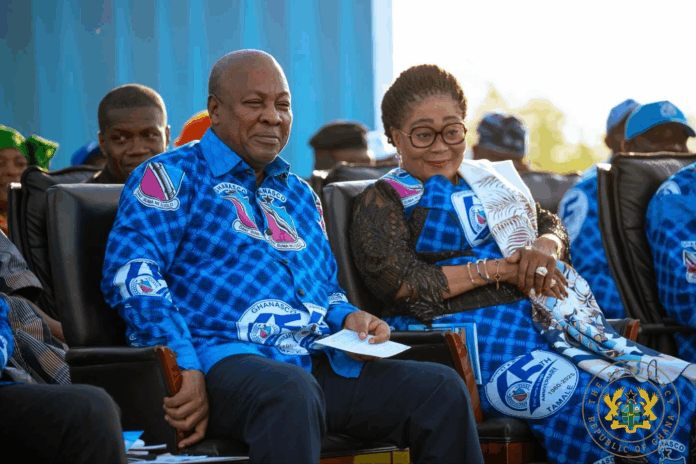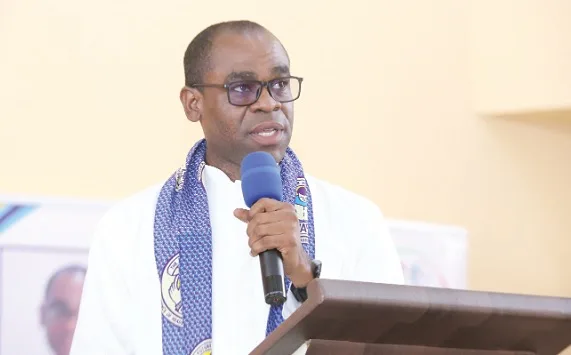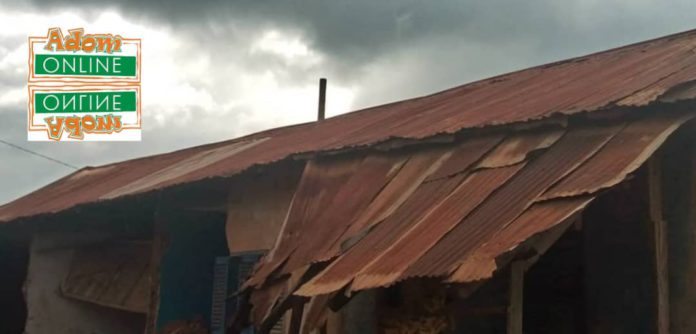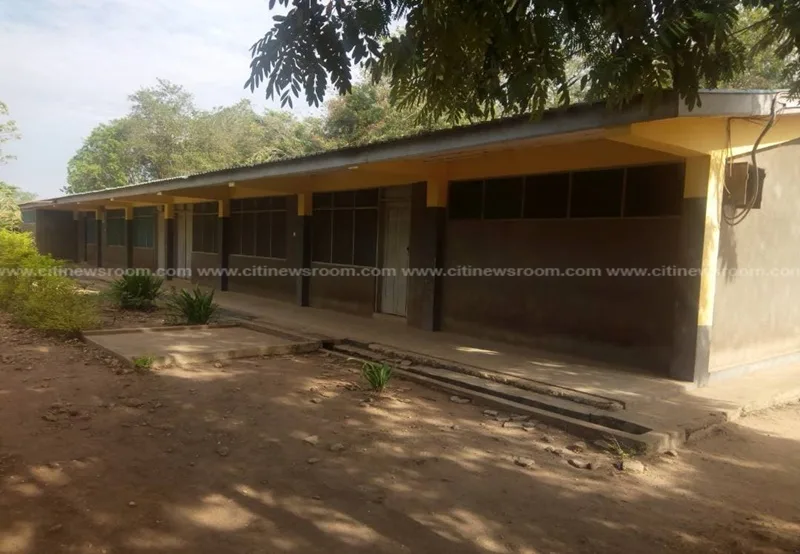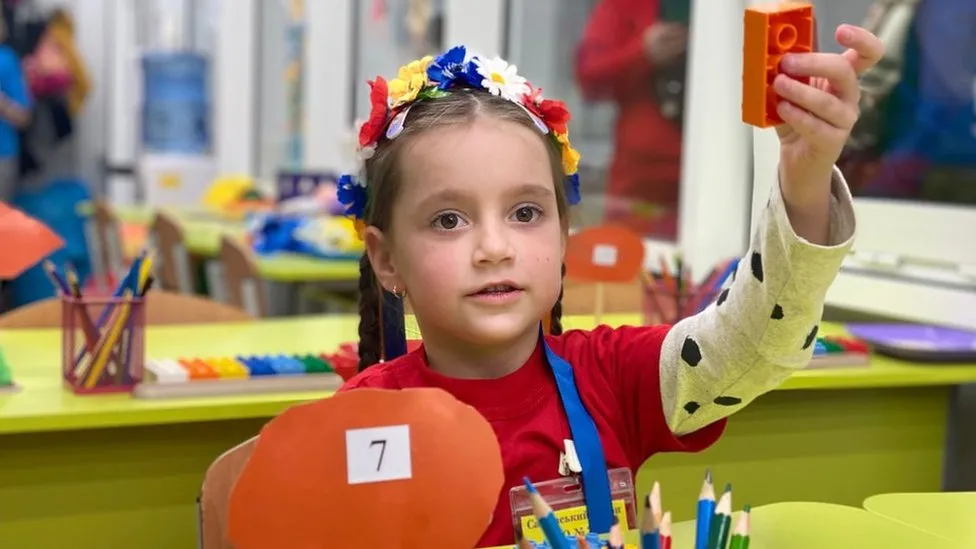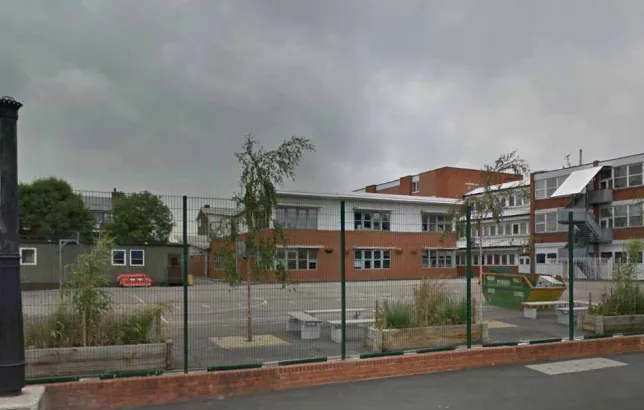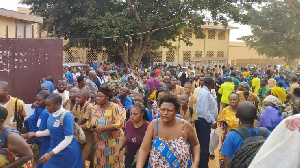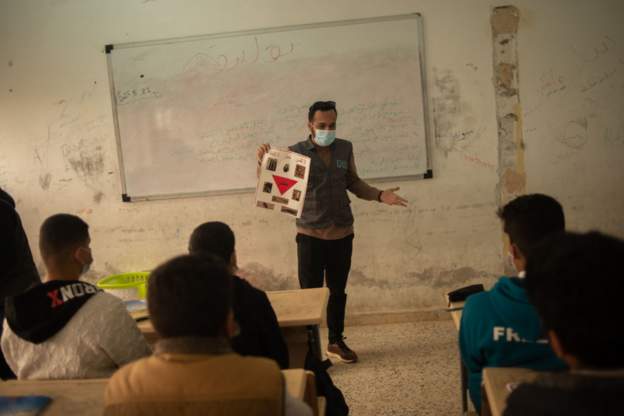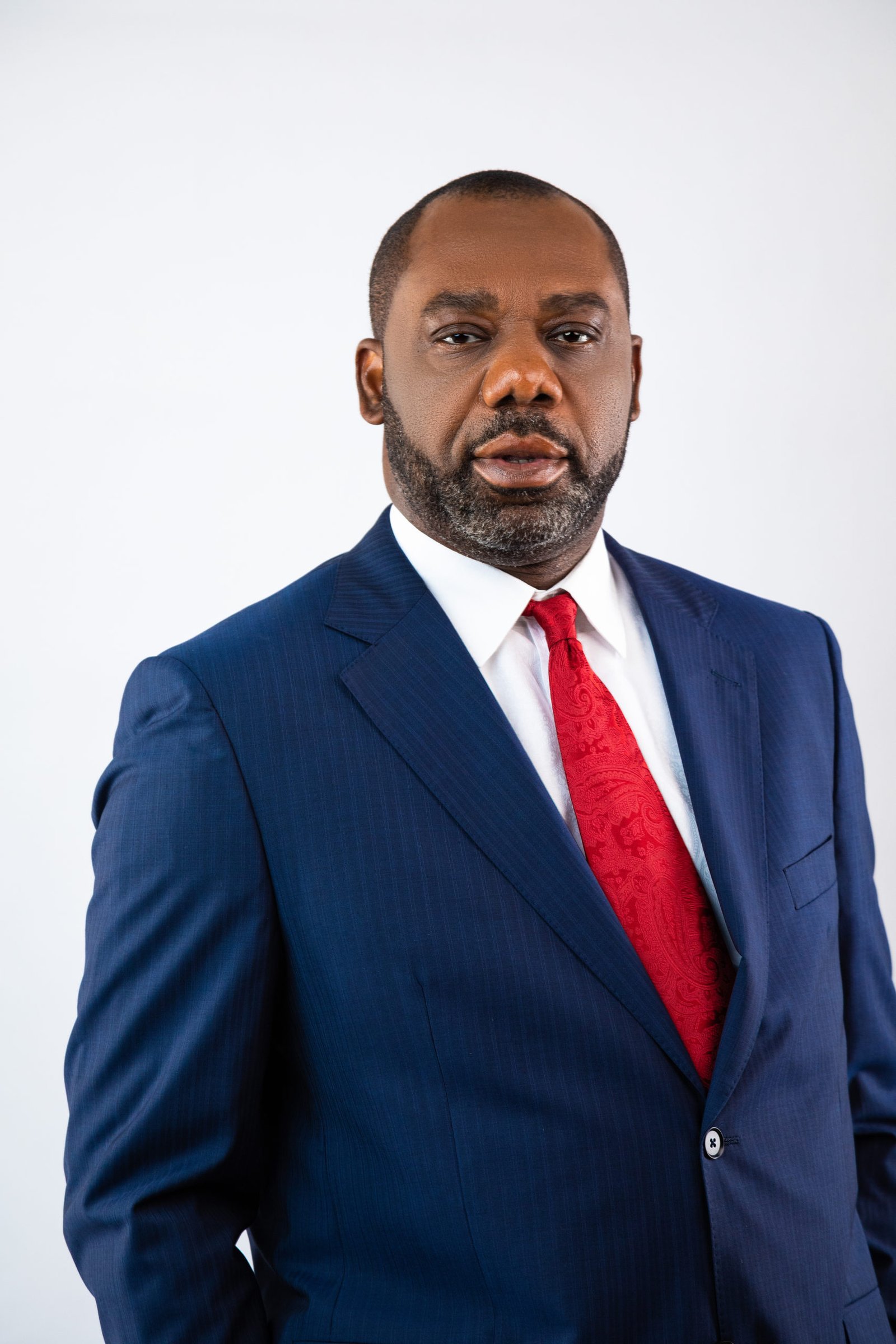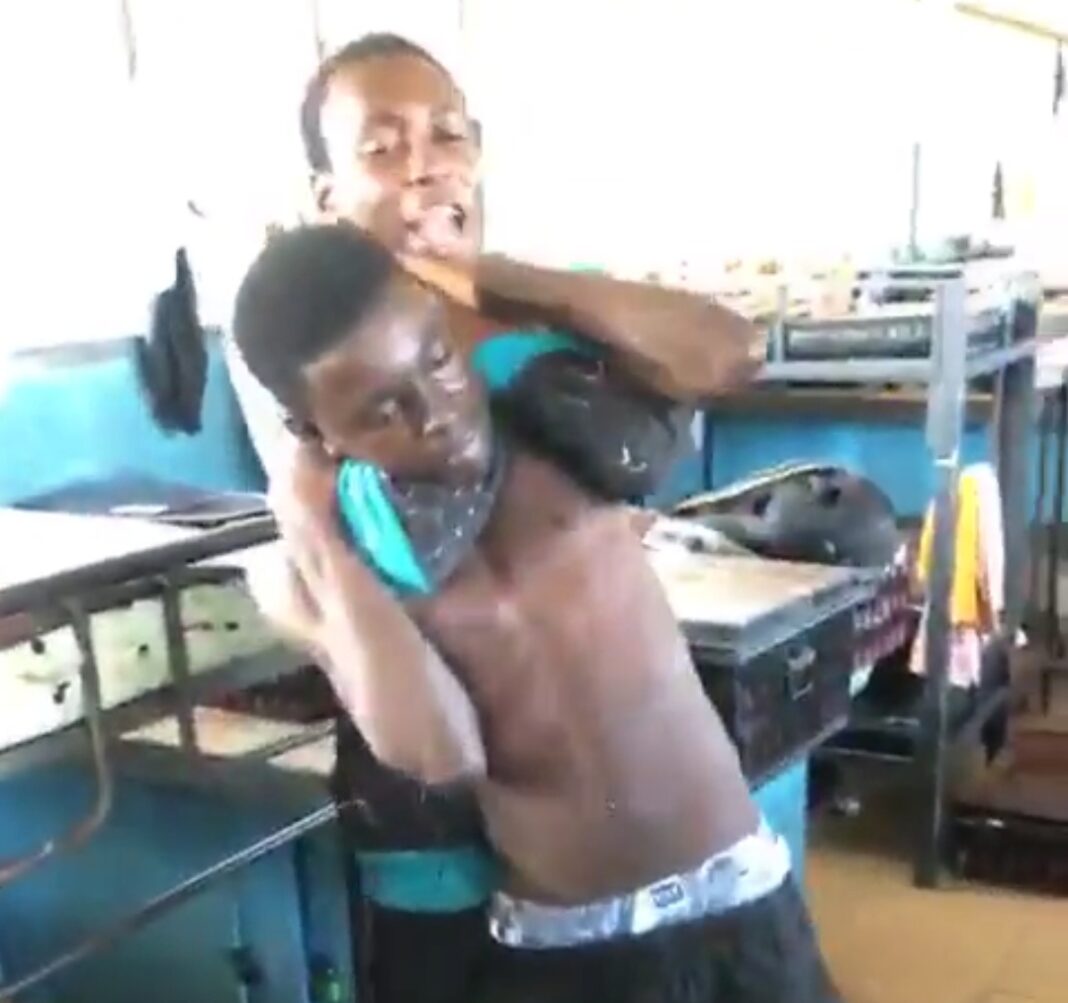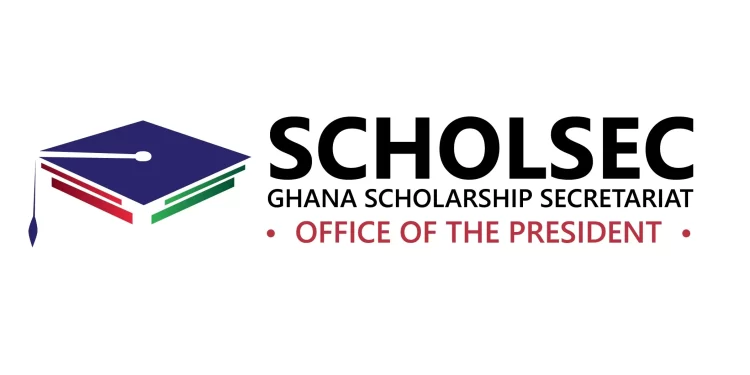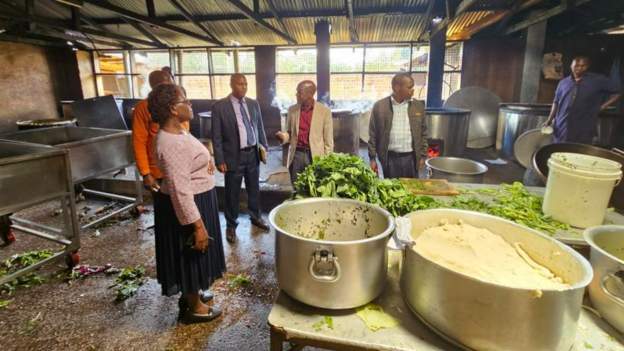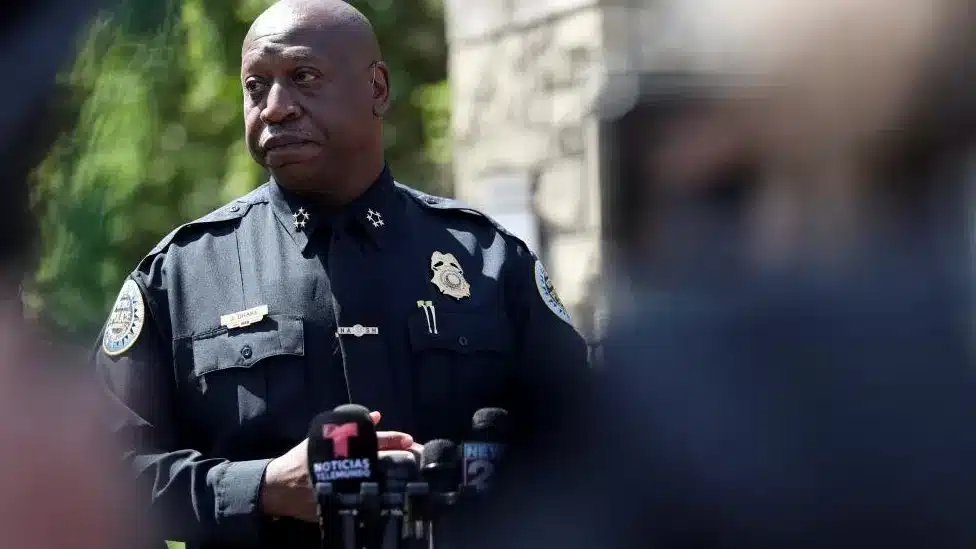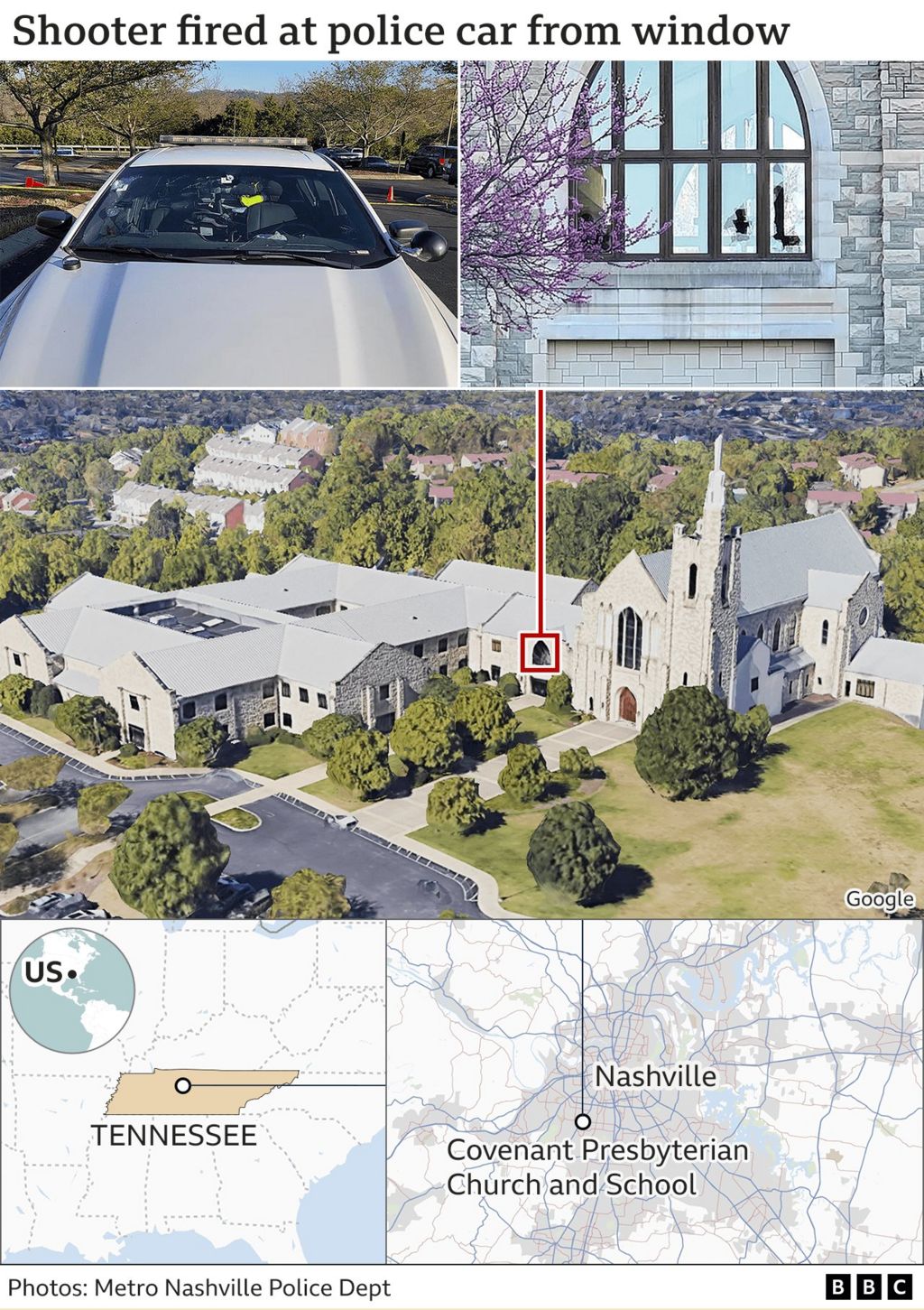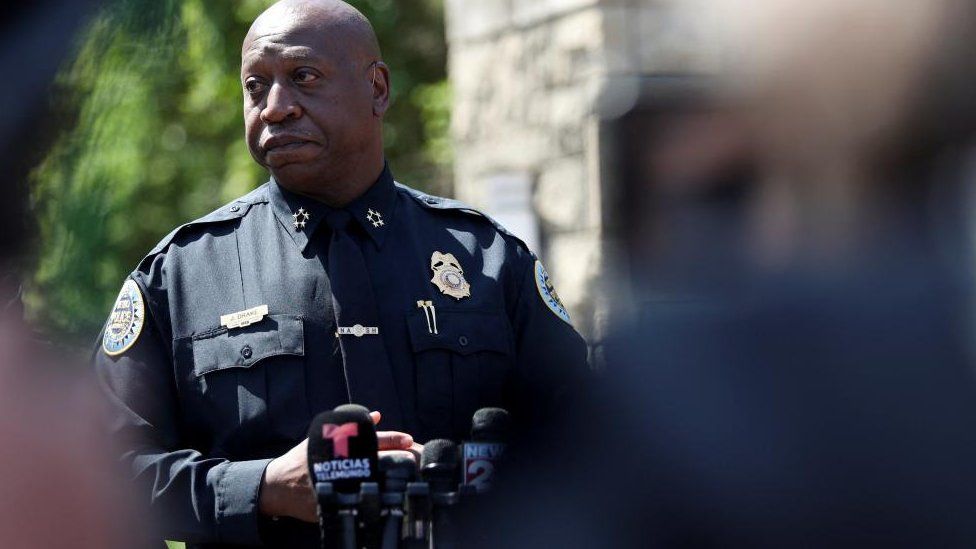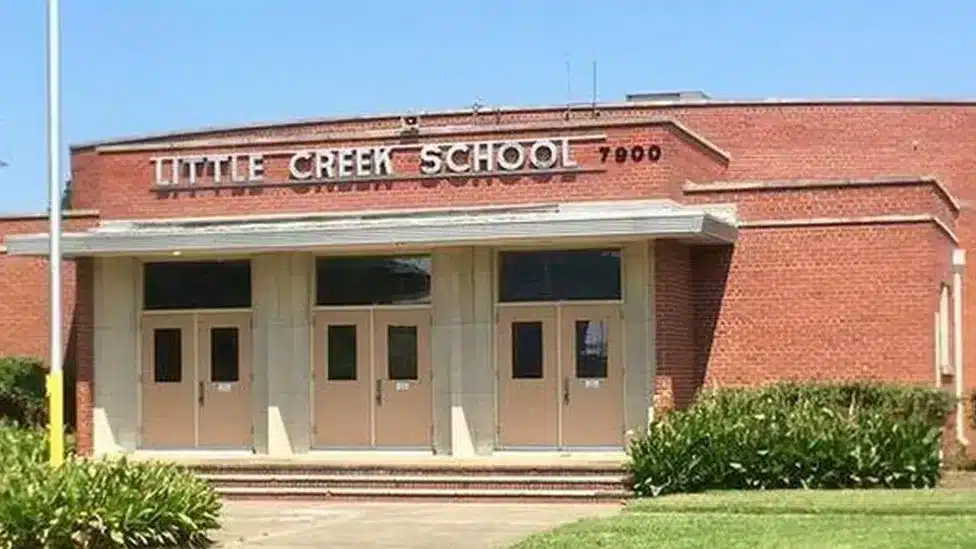In his book, “The Path of An Eagle, Despair, Hope & Glory,” Dr. Daniel McKorley, the McDan boss, recounts a pivotal moment from his youth that shaped his motivations.
He recalls coming home despondent after being teased by his schoolmates for having holes in his shorts. This experience, and his mother’s response to it, inspired him to prioritize his education over the opinions of others.
The story highlights the power of resilience and determination in the face of adversity.
“I also remember the extraordinarily distressing period when I was compelled to go to school in a pair of shorts that had large holes at the back, exposing my buttocks. For months, I was a laughingstock of my school mates, as some of them would purposely come pointing at the torn spots and let off derisive laughter. My parents, for obvious reasons, had watched the situation last for such a long time but could not do anything about it even though I kept reminding them of the humiliation I was suffering at school. After what seemed like an eternity of shame, I realised I could no longer endure the embarrassment and that I needed to press upon my parents to do something about the situation.
“One evening, I went to my mother on the compound, holding the pair of shorts. My mother was grating cassava when I got there.
“’Mama,’ I said, ‘what are you doing about my uniform? My friends won’t stop mocking me at school.’ My mother looked at my face briefly and went on grating her cassava. ’Why have you not reminded me all this while?’ she asked without raising her head. ‘This is something Uncle Lumor can easily mend.’ I had wanted to ask whether she actually did not remember the number of times I had complained about my shorts, but upon second thoughts I decided to shut up and hear what she had to say,” he wrote.
Following the incident, McDan took the shorts to the village tailor and eagerly awaited its repair, hoping to put an end to the teasing from his schoolmates. However, when he finally got the shorts back, things did not go as he had hoped.
Rather than sympathize with him and seek a better solution, his mother redirected his focus.
I also remember the extraordinarily distressing period when I was compelled to go to school in a pair of shorts that had large holes at the back, exposing my buttocks. For months, I was a laughingstock of my school mates, as some of them would purposely come pointing at the torn spots and let off derisive laughter. My parents, for obvious reasons, had watched the situation last for such a long time but could not do anything about it even though I kept reminding them of the humiliation I was suffering at school. After what seemed like an eternity of shame, I realised I could no longer endure the embarrassment and that I needed to press upon my parents to do something about the situation. One evening, I went to my mother on the compound, holding the pair of shorts. My mother was grating cassava when I got there. “Mama,” I said, “what are you doing about my uniform? My friends won’t stop mocking me at school.” My mother looked at my face briefly and went on grating her cassava. “Why have you not reminded me all this while?” she asked without raising her head. “This is something Uncle Lumor can easily mend.” I had wanted to ask whether she actually did not remember the number of times I had complained about my shorts, but upon second thoughts I decided to shut up and hear what she had to say.
The mention of Uncle Lumor gave me a fair idea of what she had in mind – she did not have money for the alteration and had just instantly cooked up the idea of using Uncle Lumor. Uncle Lumor, as everyone called him in the community, was not a qualified tailor. According to my mother, he had started life as a truck driver with the Public Works Department but had resigned along the line due to ill-health. When he finally recovered, he decided to do something else, rather than going back to his former employment, which he had always complained was backbreaking. The old Butterfly brand sewing machine his father left in his room when he passed on several decades ago was his only hope for survival. With the agreement of his siblings, he went into the room one day, picked the corroded machine, blew dust off it and applied oil to the rusty parts. He then pitched a small tent in front of his one-room house at the other side of the community and began his sewing business. Uncle Lumor would never attempt to sew new clothes but would always accept to do all kinds of alterations. People always mocked his style of sewing and his sense of fashion.
His sewing machine was very old and would sometimes give him challenges in the course of work. His customers usually complained of their clothes crumpling at the seams due to over-concentration of threads at particular places. Some also felt disappointed to see he used materials of different colours to patch their clothes, making the clothes multi-coloured. This weird and unconventional way of sewing was what made me uncomfortable when my mother mentioned him. I knew I too could fall victim to his bad workmanship, but I could not raise any objection because I knew she chose him as a matter of necessity. He was a close friend to the family and would probably not ask for a fee for that little patching. That same evening my mother asked me to take the shorts to Uncle Lumor with specific instructions for him to try and mend it that night because I would wear it to school the following morning. When I repeated my mother’s words to him, he pulled a face. He seemed to have a question on his mind. The way he stared at the tattered shorts for so long said it all, but he dropped it in a cardboard box beside him and asked me to come for it in the morning.
Early the next morning, I rushed to Uncle Lumor’s house, at my mother’s instruction, to collect my shorts. He was still in bed when I got there but he got up as soon as he saw me. He told me he had to stay up at night to work on my uniform and that it was done. I was beside myself with joy, as I took the carrier bag which had my patched shorts from him, imagining how relieved I would be in school that morning.
However, my mood turned gloomy as soon as I took the shorts out of the bag to examine it. What a mess! A pair of dark brown khaki shorts patched with light brown polyester! It did not take any effort for my eyes to well up. Sobbing, I questioned why he did not use a similar fabric to patch it up. “I didn’t have dark brown khaki,” he said. “What’s wrong with what I did? You don’t like it?” I was short of words.
I left for the house, hoping that my mother would reject the job done and send me back to him, asking him to find an appropriate fabric to do the patch work or undo what he had done, which to me was worse than having the holes. When I got home, my mother saw the scowl on my face and knew instantly that I was dissatisfied. “Why, he messed it up?” she asked as I drew closer. “Mama, look, this is worse than it was,” I lamented. “Oh, what is this?” my mother said in disappointment. “Is that all he could do?”
I was expecting nothing short of “take it back to him” from my mother, but to my surprise, she said, almost in a whisper, “You just have to manage it for now. I’ll try and change it for you very soon.” My countenance dropped even more. I told my mother I could not wear that to school because it was worse than it was before. “My mates will mock me even more,” I protested. “Look, you seem to forget the things I tell you too quickly. I have told you many times not to mind what others do in school – to you or with themselves,” my mother admonished.
She advised me to focus on learning, which was my main purpose in school, and allow those who wanted to laugh at me to continue to laugh. “Just show them the difference in the end,” she said. “I know you will make it in life, and someday those who are laughing at you today will come picking the crumbs under your table.” My mother’s inspirational words took away every fear of becoming a subject of mockery at school. I took my bath and put on my uniform. The patched spots at the back of the shorts remained very conspicuous, but I realised it was actually much better than having holes that exposed my buttocks to the whole world. A modicum of my confidence was restored as I returned to school.
At school that day, some of my mates could not help laughing their hearts out. They came pointing at the patched spots at the back of my brown khaki shorts-just as they had done when there were holes in those same spots-and burst out laughing convulsively. Anytime they did that my mother’s words came flooding my mind: “..someday those who are laughing at you today will come picking the crumbs under your table.” This was how I tolerated them for the rest of the term. I did not even see the need to report their behaviour to the teachers, neither did I feel the impulse to pick quarrels with them. During new uniform. the vacation, I worked hard to help my mother buy me a new uniform.
